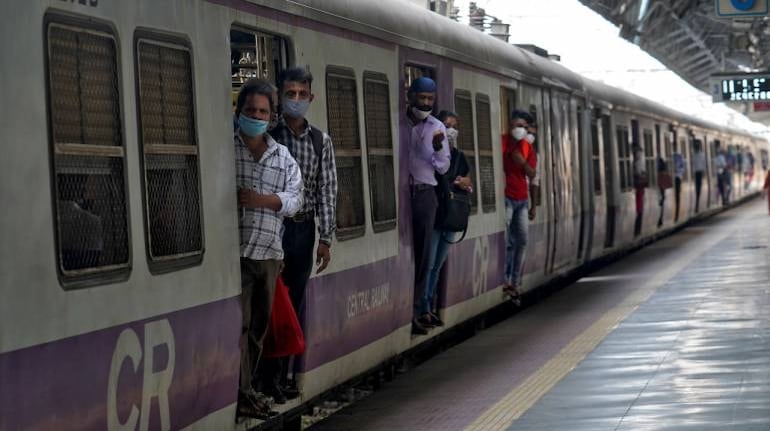



The second wave of the pandemic and the consequent lockdowns and curfews in different parts of the country have reduced rail occupancy and forced the Indian Railways to cancel some trains.
If the number of COVID-19 cases keeps rising at the current pace and more restrictions are announced, the railways may be forced to significantly prune operations although Railway Board Chairman Suneet Sharma recently said there was no plan to cancel train services across the country.
“If the COVID situation does not change till mid-May and more states impose lockdowns and curfews the different division (of the Indian Railways) will be taking calls on cancelling routes,” a senior official in the Ministry of Railways told Moneycontrol.
He said the Indian Railways may be forced to cut operations to as low as 40% of its total operational capacity if the rise in new infections does not slow down.
“Till now around six states (and union territories) have declared lockdown if this number increases in the next month, rail operations will naturally come down,” the official said.
In April, the Indian Railways cancelled services of close to 200 trains across the country. Most trains were cancelled by the Western Railways, the official said.
Railway Board Chairman Suneet Sharma in a presentation on April 25 said that 70 percent of train services were currently operational and that the railways is running additional trains wherever there is demand.
He also said that if there is any rush, Indian Railways can run train services immediately to meet demand. The railways has already announced trains for the summer rush.
The Railway Board chairman also said that currently, the national transporter is running 1,514 specials trains on an average per day and 5,387 suburban services per day. It has also pushed into service 28 special trains as clones of highly patronized trains and running 984 passenger services.
"Despite COVID, trains will continue to run. Wherever there is demand, we are increasing services. We can rationalise service where demand is less," Sharma had said.
The Chairman of the Railway Board also ruled out the requirement for a COVID-19 negative certificate to board a train.
With the rising number of COVID-19 cases, a sudden surge in the movement of railway passengers at stations was reported from across the country. Many travellers had said that the fear of an imminent lockdown due to COVID-19 crisis was the reason behind their trips.
On March 28, India reported 3,60,960 new COVID-19 cases in the past 24 hours, with active cases rising to 29,78,709 patients and deaths due to the disease rising to 2,01,187 as of 0800 IST.
Discover the latest Business News, Sensex, and Nifty updates. Obtain Personal Finance insights, tax queries, and expert opinions on Moneycontrol or download the Moneycontrol App to stay updated!
Find the best of Al News in one place, specially curated for you every weekend.
Stay on top of the latest tech trends and biggest startup news.